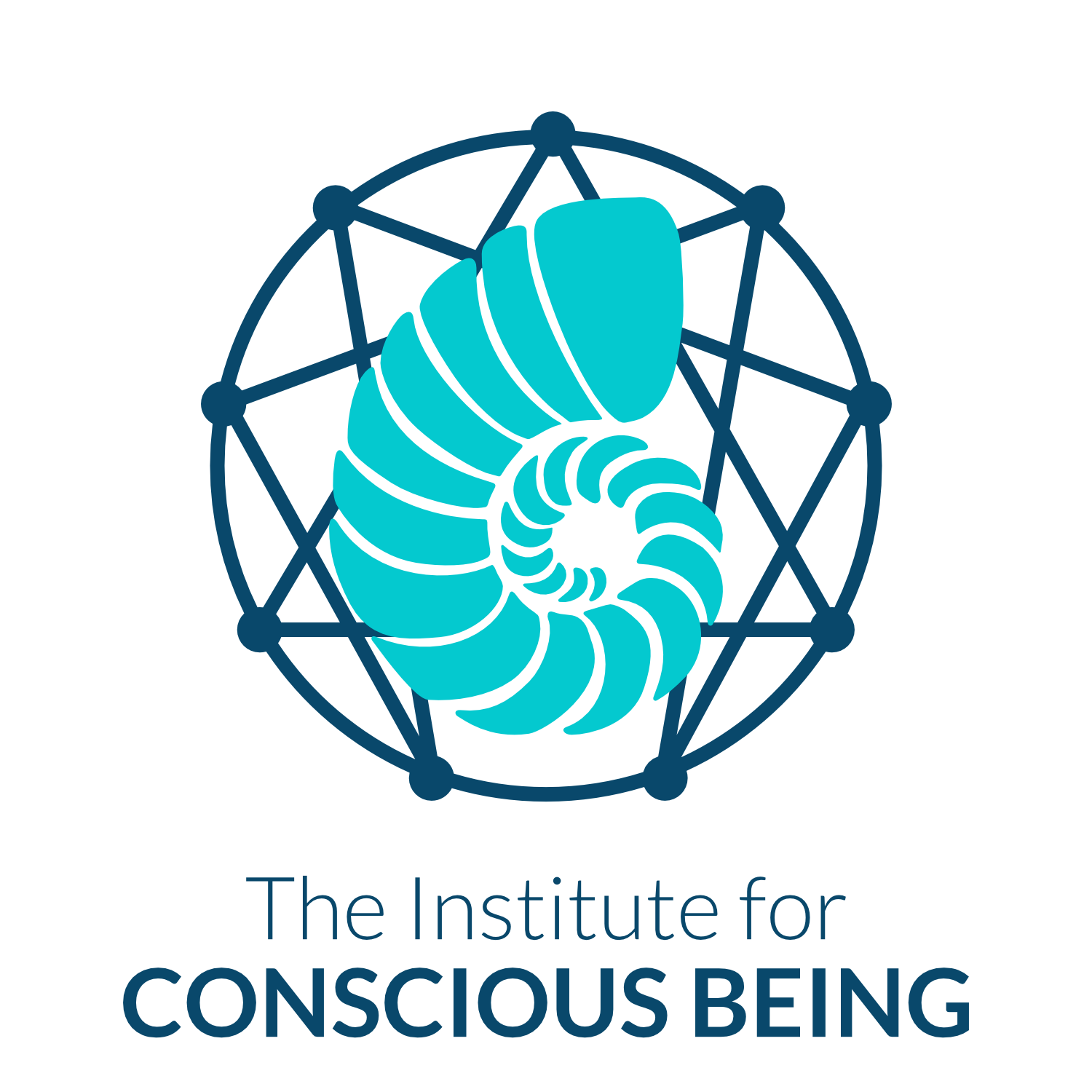Application Part 1
December 29, 2024
Application Part 1
Welcome to this series on Application.
Applying our spiritual knowledge to the issues of our lives can be a challenge. We may believe something wholeheartedly yet not actually put it into practice. The ego has a stronghold, and we all too often fall prey to its unhealthy patterns of behavior. Therefore, application of our consciousness must be deliberate and intentional. But once we exercise conscious behavior enough, we become a new creature.
Consciousness studies and the Enneagram call us to deal with life differently from how we operate in ego. But let's first reflect on why we operate in the ego. We likely respond from our ego when we are threatened, hurt, or feel insignificant and unloved. Examples of unhealthy ego responses are to immediately strike back, recoil, punish ourselves, or get depressed. These are usually knee-jerk responses because the ego has a role and script it has been playing for years. The unamalgamated ego has a whole host of reactions, all of which are grouped around abating its fears and meeting its desires.
When hurt, we unconsciously re-experience the early wounds of our soul child. The soul child learned to cope with its hurts by developing a protective ego. So, even in adulthood, when we are hurt, it is likely that we initially revert to the ego's now-engrained patterns. However, when we become conscious, we have other ways to think about, feel, and embody our hurts other than by following the ego's script. Yet the ego's stronghold is mighty. Let's explore why.
You may recall hearing some of the following phrases said to you as a soul child: "You should be ashamed of yourself." "I can't believe you are a member of our family." "Children like you can be sent away to reform schools or orphanages." "You need to be more like your sister (or brother.)" "If you continue to be that way, I am going to tell all your friends what a bad boy (or girl) you are." Such statements intend to shock the child into changing their behavior, but the soul child hears them in profoundly fearful, hurtful, and threatening ways. Intimidating statements made to us bring on our first existential crisis: They cause a dilemma: "If they won’t let me be who I am, what can I do that will make me OK? How am I to live?"
These early hurts made us feel "Not OK" and that we could no longer be the natural soul child we were. So, our developing ego dealt with our excruciating hurt and shame by replacing them with other thoughts and feelings. So we adopted ego strategies such as aggression, vengeance, withdrawal, depression, apathy, over-helpfulness, competitiveness, inner knowing, pleasing, being right, and even unrestrained happiness as our central defense. These gave us another acceptable way of feeling good about ourselves again. Though these adaptations caused us different problems from the one of being not OK, they succeeded in distracting us from shame and gave us a way to move in the world. Then, we fixated on our primary strategy and developed our personality around it.
Can you imagine the relief we felt as young children when our ego gave us ways to escape the feelings of self-disgust, shame, rejection, and being called "bad?” That benefit cinched the deal, and we made an internal pact with our ego to be our primary identity. Can you blame us?
But as adults we become conscious that our false self (ego) is not who we are but that our essence is our true identity. After this, we could not un-know the source of our pain. We knew that the ego's enormous, accumulated force leaves us powerless in its wake. Consciousness must replace the ego fixation, but the fixation is so ingrained that it's an uphill climb to replace it. This is why our belief structure and our higher self (soul) are vital to restoring our peace.
Our conscious beliefs and truths are the pathway to peace, but we must take on the powerful ego to apply them. Only divine power and consciousness can conquer the ego. In essence, this is the message of Jesus Christ: "What does it profit a man if he gains the whole world, but loses his soul?" (Matthew 16:26). In this sentence, gaining the whole world can mean the ego having its way with whatever gives it freedom, happiness, and peace. Often the ego’s freedom is dominance over others; the ego’s happiness is oftentimes achieved in status, material, and wealth; the ego’s peace is usually attained when it has achieved what it considers to be ultimate security. But if you and I lose our spiritual identity and well-being to “gain the whole world” we have not gained what is most profoundly vital to their being.
Spiritual practice: Take some time to read about the fixation of your ego type. Then journal about how it has served you and how it has also caused suffering.
Self-inquiry: As you return to your most authentic self, your soul, what is it like to shed your ego?
Dear God,
I pray for the power beyond myself to make the full circle back to my true self. I cannot do this alone, Oh God; I need you every hour. Amen


